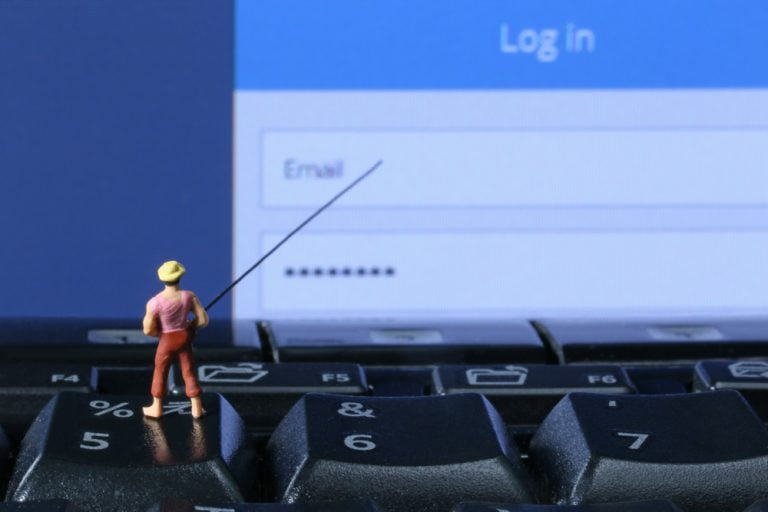Are you on Facebook? The world’s largest social media network now has roughly 1.09 billion users accessing Facebook every single day. With incredible statistics like these, chances are high that if you’re reading this, you have a personal Facebook account.
With so many users and so much information being shared and added on the social platform every day, staying safe on Facebook is more important than ever. However, while Facebook is generally one of the safest sites on the web, your actions as a user will help guarantee your own best bet at staying safe. To protect your account and your personal information, there are a few simple steps you can take.
Facebook Safety Basics
Passwords: change them often (experts say at least every six months) and make them difficult to guess. Never include personal information in a password, including your birth date, home address, phone number, or age. These digits are far too easy for a hacker to guess. And remember, someone looking to access your Facebook page may not always be a total stranger. The strongest passwords contain a mix of upper and lowercase letters, symbols, and numbers, and the more random, the better.
And of course, never give your password to others.
Watch Out for “Phishy” Behaviour
If you ever receive a suspicious email that appears to be from Facebook or an affiliate, proceed with caution. These phishing tactics will attempt to obtain personal details such as your password by warning you that there is an urgent need for you to input your details. If you feel unsure if an email is legitimate or not, do not click on any links in the email. Instead, navigate directly to Facebook’s main page. You can also forward any suspect emails to phish@fb.com.
Be Aware of What You Share
Think twice before sharing on Facebook. Does the photo you are about to share contain any identifying personal information? It’s fun to “check-in” to your favourite spots on Facebook, but be aware that checking in at your house could leave you vulnerable to giving away your home address, particularly if your profile is public.
Families with children may want to limit what they post on Facebook about their kids. Go ahead and share fun photos, but on a public profile, it may be wise to exclude your children’s names or where they attend school. Unfortunately it can be a crazy world out there. It’s better to err on the side of caution when it comes to our precious children.
It’s a good idea to proceed with caution when sharing posts that may actually be hoaxes, think of the implications of sharing a false news story – do a quick Google to find out if it is a hoax or not before sharing.
Take Advantage of Facebook’s Built-in Security Options
One of the easiest ways to make your Facebook account its most secure is to take advantage of the security settings that are available to you. You can limit who sees what you post on your Facebook profile, and can customise your safety settings to be highly private. If you’d prefer not to give strangers too much access, there are options for allowing or denying others to add you as a friend or send you private messages.
You can also take steps to protect unauthorised entry to your account. One of the most effective ways to do this is to set up two factor authentication. Many social media programs, email providers, and other services offer this secure option. Whenever an attempt is made to log into your Facebook account, a code will be sent to the mobile device or email address you have on file. You will need to input that code to achieve access to your account. This is a smart and simple way to minimise the chances that a hacker can gain entry to your private Facebook account.
Be Friend-Selective
Sometimes, the call is coming from inside the house. You may think you’ve fully protected and secured your Facebook account externally, but what about the friends you are adding? Do you only add people you know personally? If not, you are potentially opening yourself up to spam or scam accounts. Be very selective when accepting friend requests and if something seems “off” or suspicious, don’t think twice about rejecting that friend request.
How do YOU stay safe on Facebook? Let us know in the comments.




